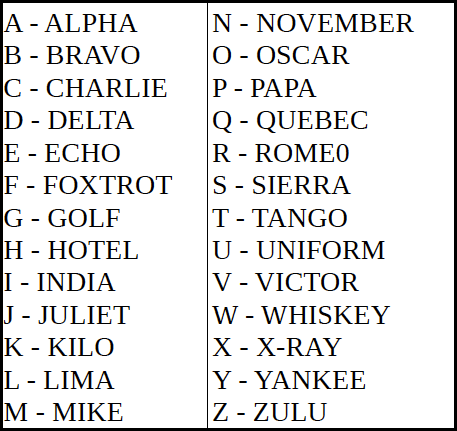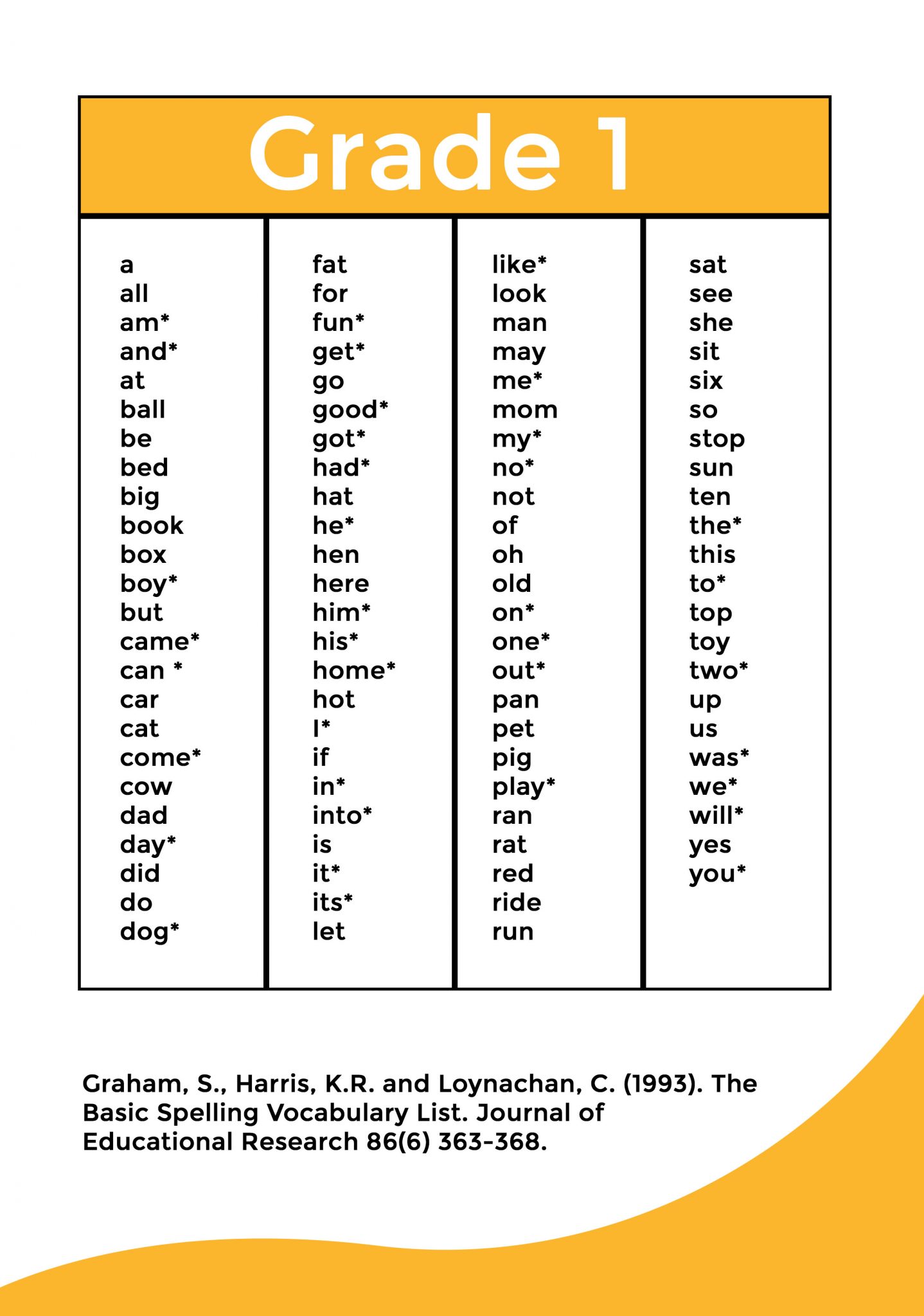

A tremendous amount of research, time, and money was invested into figuring out the optimal spelling alphabet-at least for the three languages that the International Civil Aviation Organization (ICAO, the United Nations agency that handles air transportation) felt significant enough to have one (English, French, and Spanish). From the 1917 Royal Navy telephonic alphabet: “G as in George,” “W as in Willie,” “E as in Edward.” And, bizarrely, dances show up as a group: “F as in Foxtrot,” “T as in Tango,” “J as in Jig.”įor about 80 years, governments and corporations futzed with these spelling alphabets, and learned that some stuff didn’t work-it turns out, for example, that “Lima” is also the Malay word for the number five. From the 1912 Western Union Spelling Alphabet, just for example, we have “B as in Boston,” “N as in Newark,” and “T as in Texas.”įirst names are another group. (We’ll be hearing a lot more from her.) Geographic place names are one group. “We remember better things which are linked in terms of their meaning,” says Valerie Hazan, a professor of speech sciences at University College London. Just as the names of letters are in groups, spelling alphabets also might have some sense of thematic organization. Between then and the end of World War II, the British, the Americans, and various telecommunications companies kept working on these alphabets, producing dozens of standards.

The British military came up with the first few examples, just for letters they found the most difficult: “P as in pip,” “B as in beer.” Those were set down in regulations in 1904. They invented phonetics for some troublesome letters,” he says. “Someone would be watching incoming signals and shouting out letters to someone sending outgoing. He’s not a linguist or anything he just says he happens to be fascinated by this stuff.


“The story goes that it started with semaphore relay stations,” says Brian Kelk, a computer scientist who’s worked at Cambridge University and who maintains an exhaustive page about spelling alphabets. Whether this makes more sense than “Edward, Tango, Zebra” is up to you. But when people began to gain the ability to communicate over long distances, problems arose. Taking the Nosowitz example, it’s easy to confuse “zee” with “cee,” or “ess” with “eff.” This wasn’t a huge problem for most of history, when humans who needed to spell things out were generally standing pretty close to one another. This is why the names of most letters sound an awful lot like some other letter. Stopped consonants-those that force you to halt the flow of air from your mouth, like B, D, and T-are named as if you wrote “ee” after the letter: “bee,” “dee,” and “tee.” Nasals (sounds made through the nose, like M and N) and fricatives (sounds made by forcing air through a narrow space in your mouth, like S and F) are named by putting the letter “e” before them: “emm” and “ess.” Then there are the weirdos with their own histories, like J, Y, and Q. Vowels are usually pronounced with their long sound. English letters fall into rough groups for these purposes. A modern, updated, globally friendly English spelling alphabet would be pretty useful right now, but getting people to use one might be harder than you’d think.Īll alphabets that use letters to represent sounds have names for their letters, to refer to them for things like spelling. The general connectivity of the world-including the ease of international video calls and the use of foreign call centers-means that spelling out a name or word is an increasingly common practice. As mobile phones have replaced landlines, call quality has, strangely, gone down.
Spelling alphabet name usa update#
Plus there’s the International Phonetic Alphabet, which is something else entirely.) The history of spelling alphabets is fascinating and winding, but it’s notable that there hasn’t been an official update to the most commonly used English version in about half a century. This uses what is what’s called a “spelling alphabet,” or, confusingly, a “phonetic alphabet.” (The latter is confusing because it has little to do with phonemes, or a unit of sound in a language. “N as in Nancy, O, S as in Samuel, O, W, I, T as in Thomas, Z as in Zebra,” I chant. Because it’s uncommon, and because it would be a problem if my bank writes my name down as “Moskowitz,” I err on the side of caution. So far as I know, there are somewhere between 10 and 20 Nosowitzes in the world, and they’re all closely related to me. When someone on the phone-the doctor’s office, the bank, the credit card company-asks for my name, I always offer to spell it out-it’s a pretty uncommon surname.


 0 kommentar(er)
0 kommentar(er)
